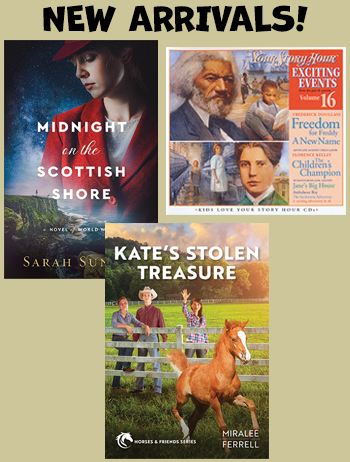|
|
Bloom set of 8Code: BLOOM209A
Add to Wish List
Quantity in Basket:
None
Shipping Weight: 8.11
ISBN: 9780791078211
Author: Introduction by Harold Bloom
Format: Paperback
Publisher: Chelsea House
Ages: 14 and Up
Size: 6¼ X 9¼
Total Pages: 130
For Grades: 8 to 12
Accelerated Reader: No
List Price: $230.00
Your Price: $14.95
Savings: $215.05 (94%)
IN STOCK
|

